

The Pritzker School of Molecular Engineering (PME) integrates science and engineering to address global challenges from the molecular level up.
We apply molecular-level science to the design of advanced devices, processes, and technologies. Organized by interdisciplinary research themes, we seek to develop solutions to important societal issues and to educate the next generation of leaders in the fast-growing field of molecular engineering.
Quantum @ PME is targeting the development of practical quantum technologies that will have applications in computing, communication, and sensing. Our broad faculty team focuses on solid-state, atomic, and photonic technologies, with approaches based on experiment and theory in strong collaborative efforts.
Our unique program blends efforts from faculty in engineering, physics, chemistry and computer science. Graduate students can customize their research program, by working with one or more thesis advisors to build a cross-cutting research program touching more than one discipline.
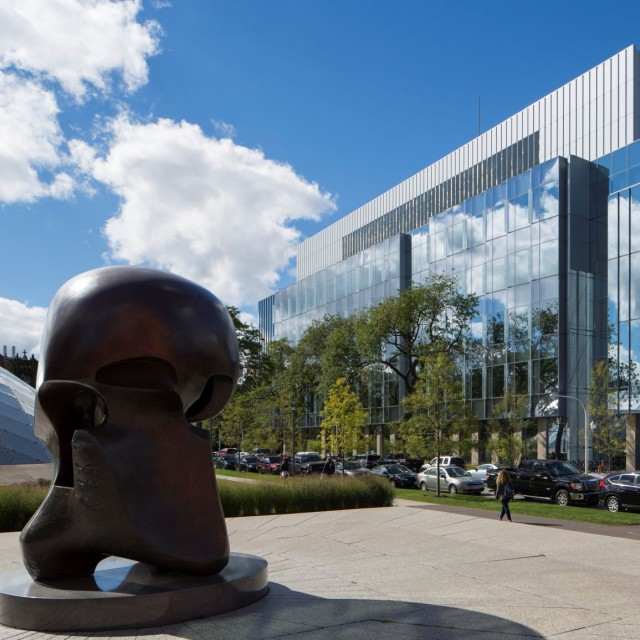

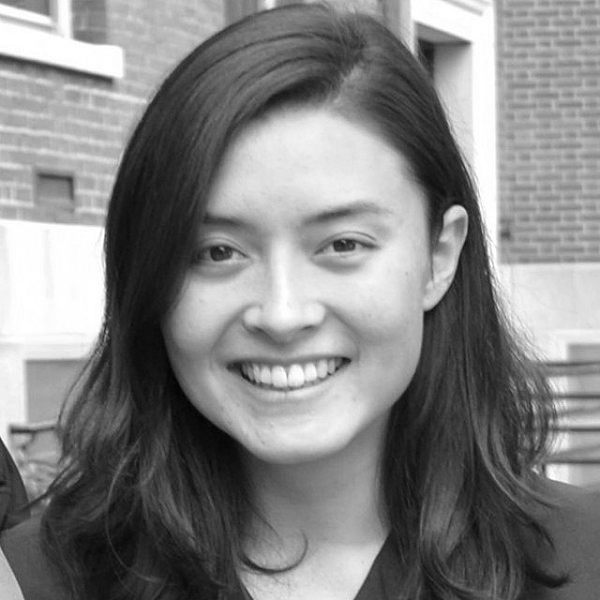
I'm a PhD student in the Awschalom group, where I work in collaboration with the High group. Since starting my graduate studies in 2017, I've watched the PME grow a strong quantum program by hiring faculty with expertise in diverse quantum platforms. This growth is bolstered by the creation of relationships to industry partners via the Chicago Quantum Exchange. I'm excited by the collaboration and job opportunities arising from these departmental ties to a community that is expanding rapidly beyond the realm of academia. A state-of-the-art laboratory, and easy access to the Pritzker Nanofabrication Facility, has been critical to my work creating microstructures in silicon carbide used to control and manipulate spin defects — atom-like light emitters used for quantum sensing, memory, and communication.
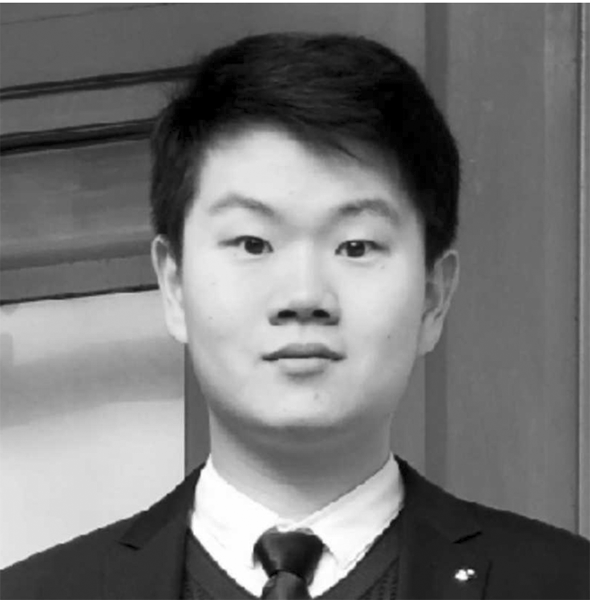
As a NSF QISE-NET fellow, I am working in Prof. Andrew Cleland's lab on quantum acoustics. My project also allows me to closely collaborate with Prof. Aash Clerk's and Prof. David Awschalom's groups on both theoretical and experimental aspects of quantum information. The goal of my project is to develop phonons as a viable information transmission and storage means for quantum information processing.

I am a PhD student currently working in the Yang Lab. In this group, I hope to accomplish PME's goal of encouraging interdisciplinary research by trying to bridge quantum hardware engineering with material systems. The goal of my project is to help build a miniaturized Molecular Beam Epitaxy system and use it to construct qubits and SQUIDs. This project will be in collaboration with a few PME faculty members including Prof. Tian Zhong. Hopefully, this research will welcome a new approach to quantum hardware fabrication.
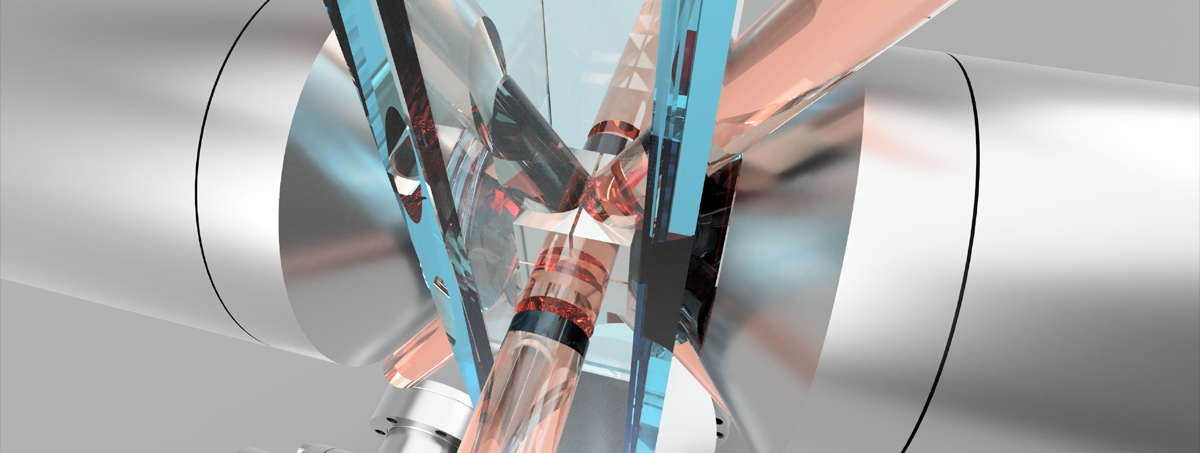
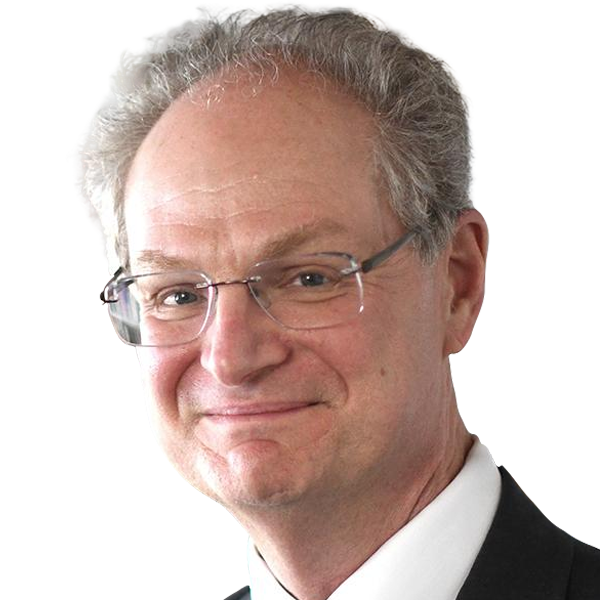
President and MacArthur Professor
Alivisatos research
Our group grows and characterizes colloidal nanocrystals and quantum dots that can be used as quantum light sources and for information processing.
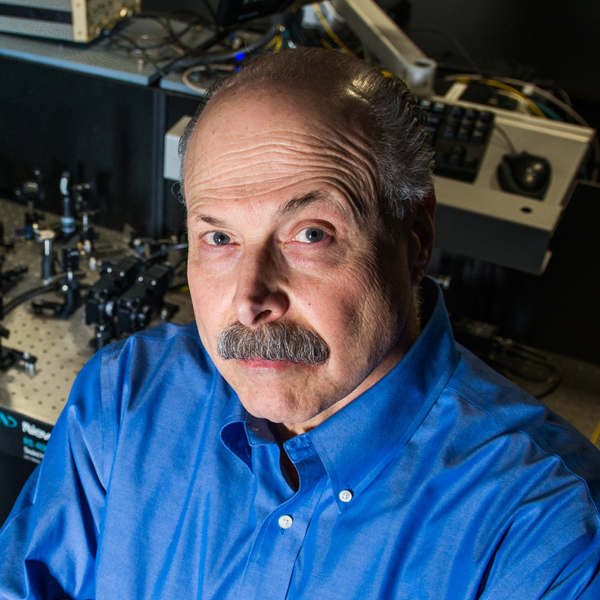
Liew Family Professor
Awschalom research
Our group creates and explores quantum states in semiconductors, molecules and hybrid systems to investigate foundational physics and applications in information processing.
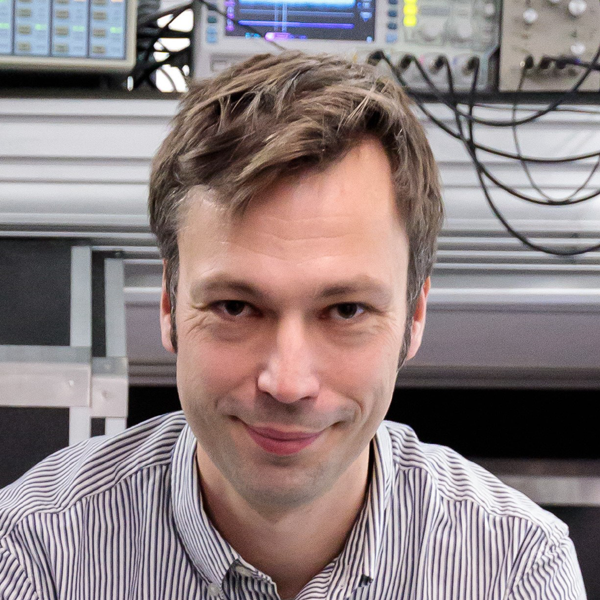
Assistant Professor
Bernien research
Our group uses arrays of atomic qubits to engineer quantum processors and quantum network nodes.
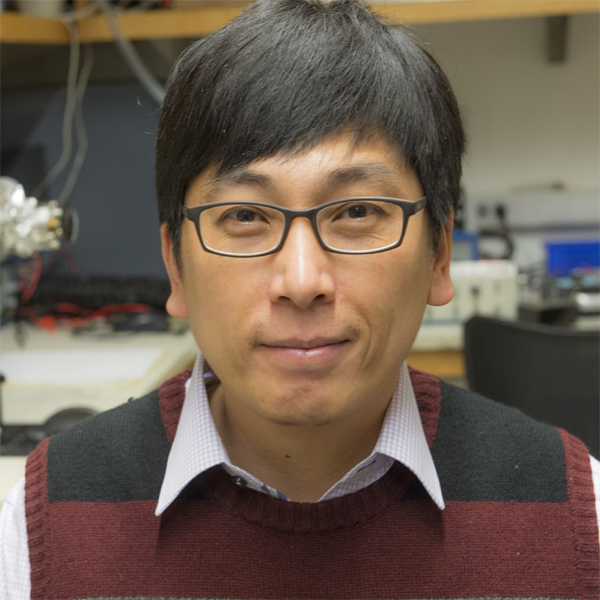
Professor
Chin research
We explore novel quantum phenomena with ultracold atoms and molecules, and their implications in fundamental physics.
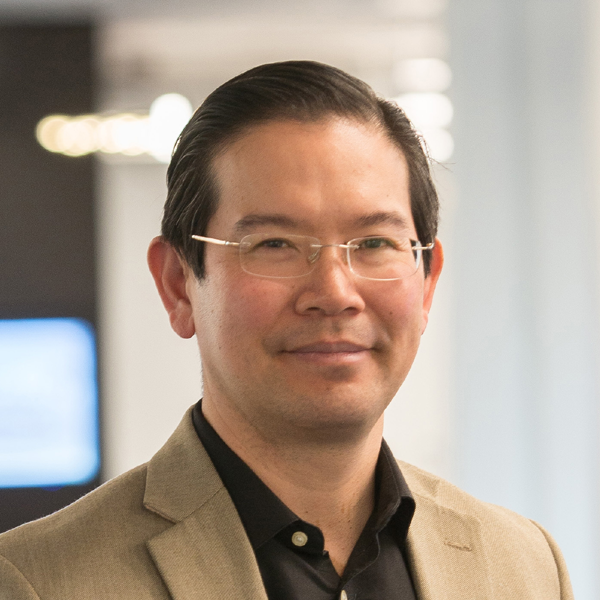
Seymour Goodman Professor
Chong research
Our group co-designs quantum applications, software, and architectures to increase fidelity and decrease resource usage.
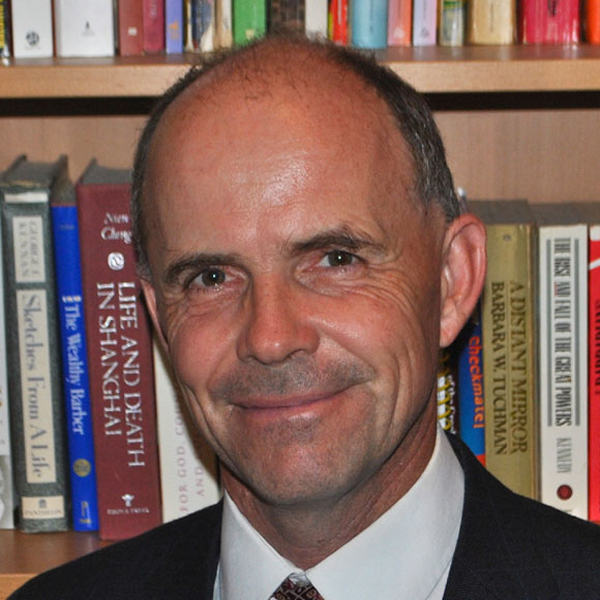
John A MacLean Sr Professor
Cleland research
Our experimental efforts are focused on superconducting qubits and quantum acoustics, for applications to quantum information and to expand and deepen our understanding of quantum physics.
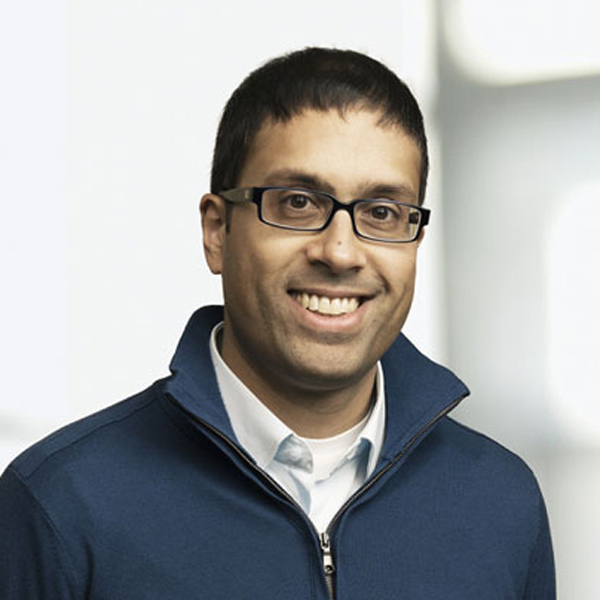
Professor
Clerk research
Theoretical research: Driven-dissipative quantum phenomena, quantum control, quantum measurement and sensing.
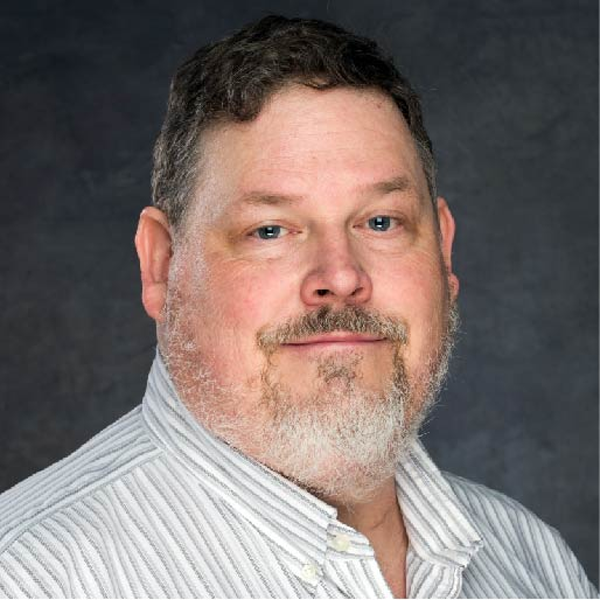
Professor
DeMille research
Our group develops methods for quantum control of diatomic molecules, and uses them to detect new fundamental physics at energy scales exceeding 100 TeV.
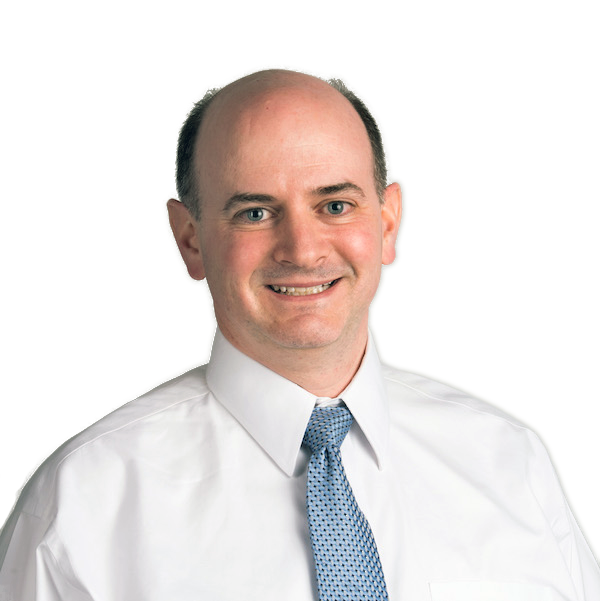
Professor
Engel research
Our group explores quantum dynamics in biological systems to identify chemical design principles.
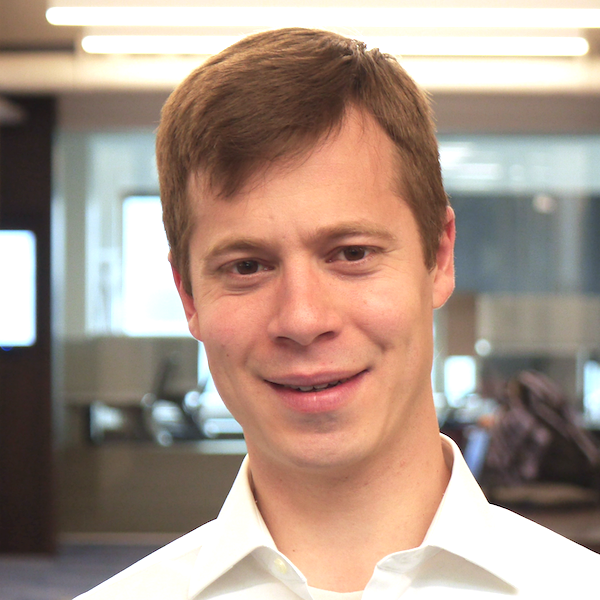
Assistant Professor
Fefferman research
Our group investigates the power of quantum computers in both the near-term and the indefinite future.
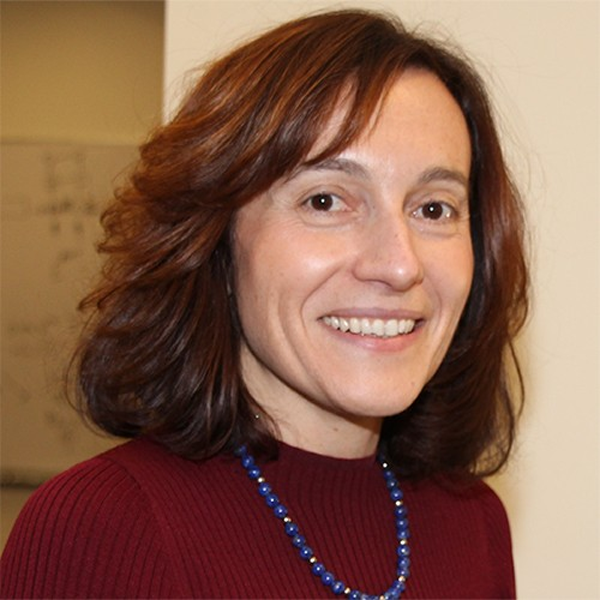
Leventhal Professor
Gagliardi research
We work on strongly correlated systems, combining first-principle methods with classical simulation techniques, with a focus on the computational design of materials and systems for energy-related challenges.
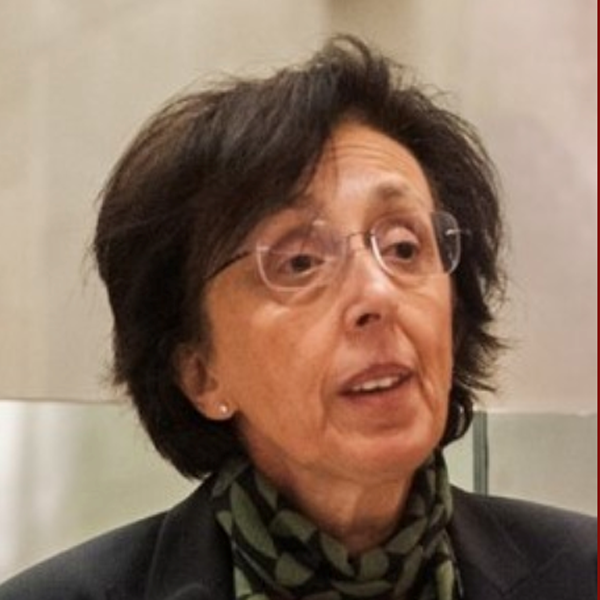
Liew Family Professor
Galli research
Our group studies quantum states in semiconductors and molecules using first principle theoretical methods.
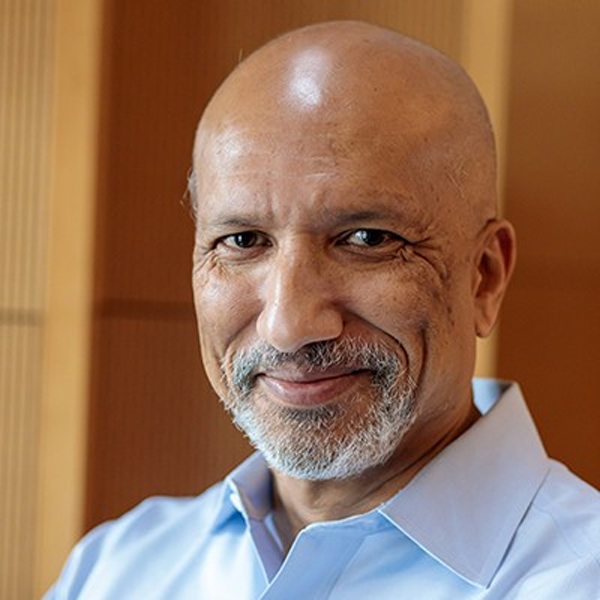
Professor
Guha research
Our group works on developing solid state materials and chip scale devices that can be used in engineered quantum information systems.
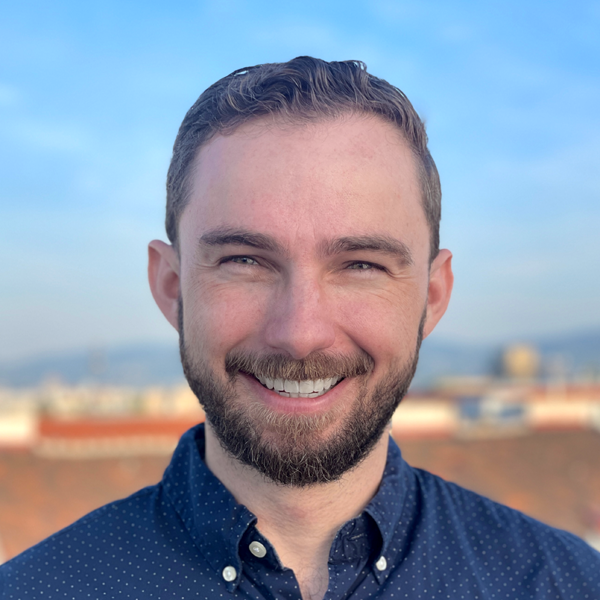
Assistant Professor
Higginbotham research
Our group experimentally explores the boundaries between condensed-matter systems and quantum information processing.

Assistant Professor
High research
The High Lab develops nanoscale methods to study and control interactions between quantum materials and light.
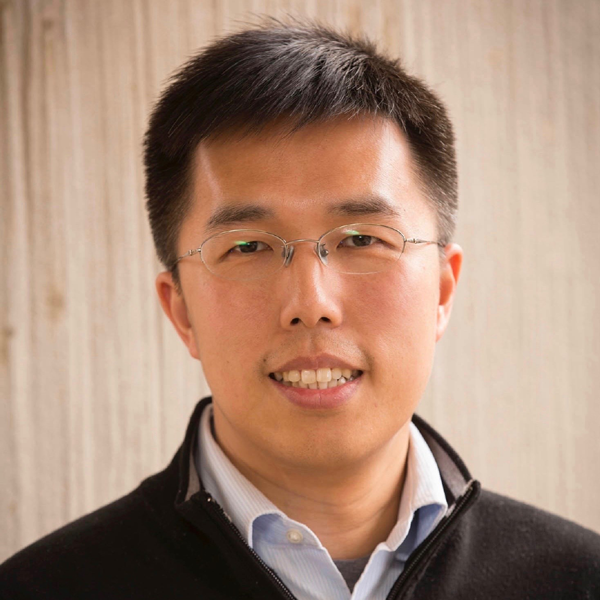
Professor
Jiang research
Our group investigates quantum control and error correction for robust quantum information processing.
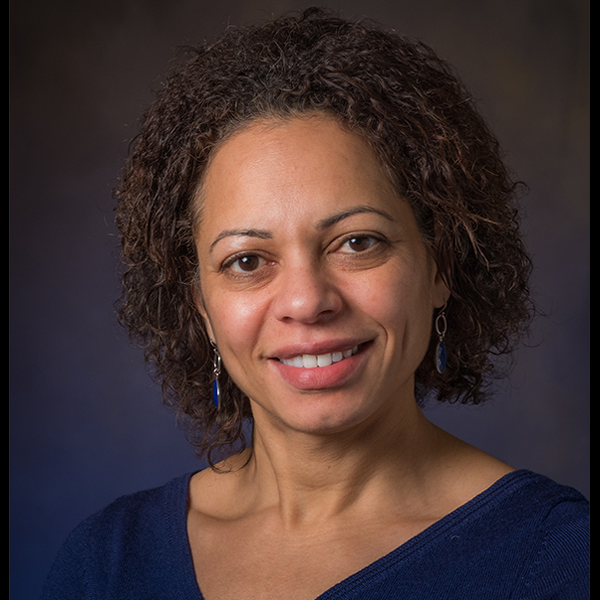
PME Dean and Professor
Mason research
We study electronic transport in quantum materials, nanostructures, and superconductivity.
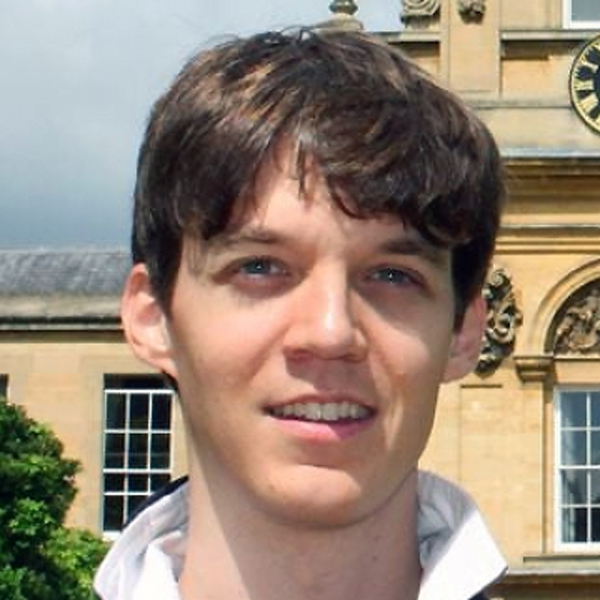
Assistant Professor
Maurer research
We develop novel quantum technologies that enable us to probe biological systems at the nanoscale.

Professor
Park research
We build novel quantum materials and circuits using atomically thin crystals and molecular units.
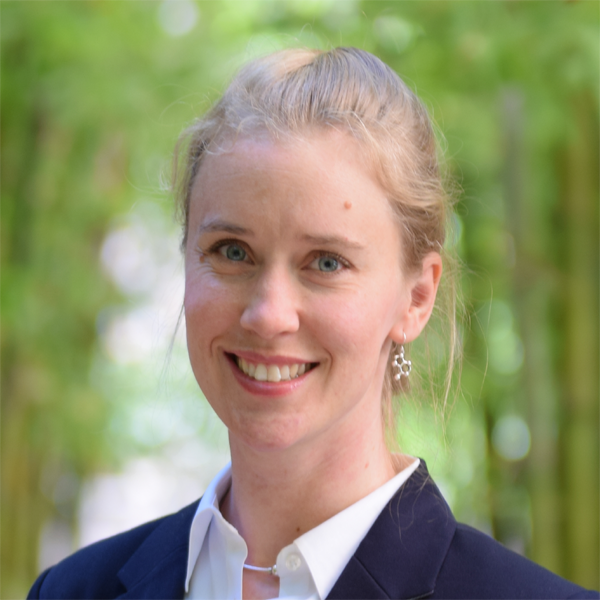
Neubauer Family Assistant Professor
Squires research
We measure (and make use of) the movement of excitons in biological materials at room temperature.
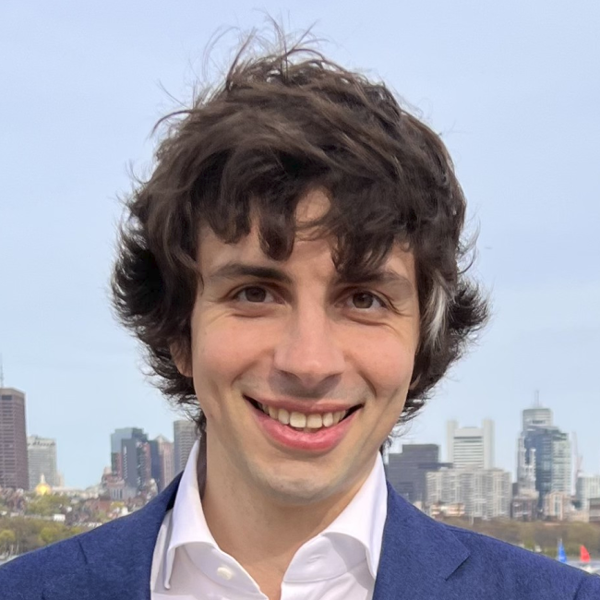
Assistant Professor
Verresen research
The Verresen group explores the theory of quantum-entangled states, focusing on systems with many degrees of freedom, where the richness of emergent phenomena can arise.
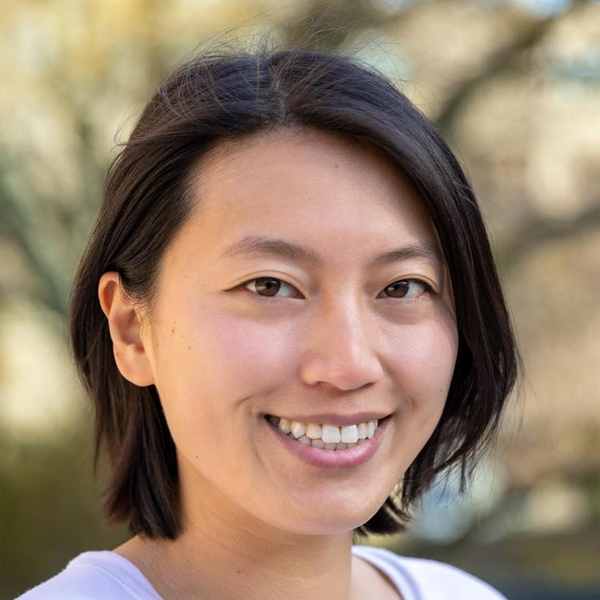
Assistant Professor
Yan research
We are an experimental group using ultracold atoms and molecules to study problems in quantum many-body physics.
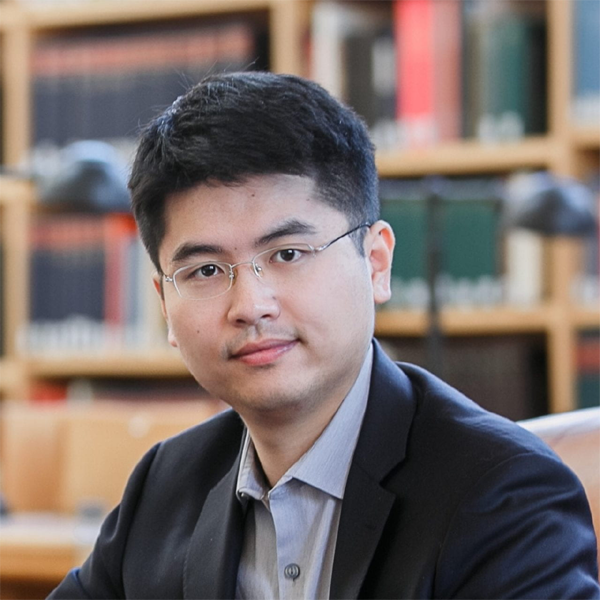
Assistant Professor
Yang research
My group works on the atomic-level synthesis and advanced spectroscopy of quantum materials.
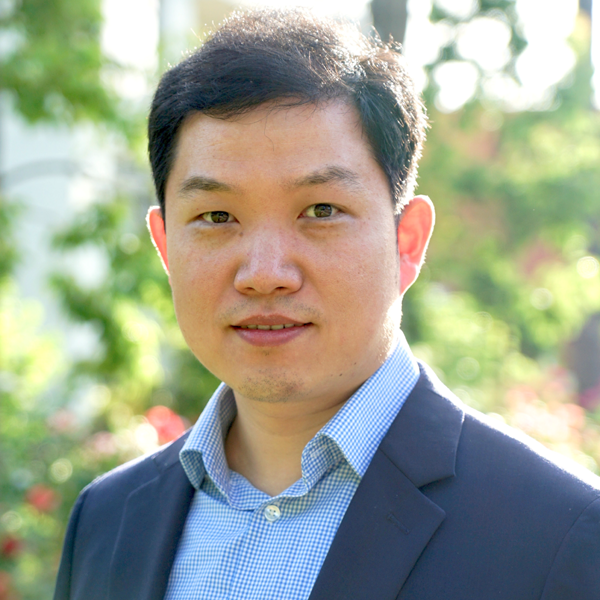
Assistant Professor
Zhong research
We build solid-state atom-photon coherent systems to enable hybrid quantum interconnects and ultimately a quantum internet.

The Chicago Quantum Exchange (CQE) is an intellectual hub and community of researchers with the common goal of advancing academic and industrial efforts in the science and engineering of quantum information across CQE members, partners, and our region. The hub aims to promote the exploration of quantum information technologies and the development of new applications. The CQE facilitates interactions between research groups of its member and partner institutions and provides an avenue for developing and fostering collaborations, joint projects, and information exchange.
Q-NEXT is a collaboration involving the world's leading minds from the national laboratories, universities and the private sector, is one of five National Quantum Information Science (QIS) Research Centers awarded by the Department of Energy (DOE) in August 2020. It is funded by DOE at $115 million over the next five years. Additional funding from partner organizations totals $93 million. Advances in QIS have the potential to revolutionize information technologies, including quantum computing, quantum communications and quantum sensing.
Biology and quantum science are convergent fields. NSF QuBBE will dramatically accelerate this convergence by driving use-inspired development of quantum sensing modalities and novel correlative imaging approaches. Fundamental basics science in both biology and quantum will work in tandem to create transferrable technology platforms for novel biological measurements. NSF QuBBE will further develop the next generation of scientists and workers familiar with this technology, inspire young students to pursue STEM education, and foster an understanding of quantum science in the next generation.
HQAN features three quantum testbeds that will collaboratively develop the technology needed to assemble a hybrid quantum processor and network. Each laboratory is designed with multiple kinds of quantum hardware, which will be used to demonstrate distributed quantum processing and communication protocols. Our program integrates engineering, computing, and physics expertise to achieve our scientific, technology, and education goals. The HQAN center also includes workforce development initiatives that will inspire and train students who will contribute to the future quantum technology and innovation ecosystem.
The multi-institutional Enabling Practical-scale Quantum Computing (EPiQC) Expedition will help bring the great potential of quantum computing into reality by reducing the current gap between existing theoretical algorithms and practical quantum computing architectures. Over five years, the EPiQC Expedition will collectively develop new algorithms, software, and machine designs tailored to key properties of quantum device technologies with 100 to 1000 quantum bits. This work will facilitate profound new scientific discoveries and also broadly impact the state of high-performance computing.
QISpin is building a theoretical and computational framework tightly integrated with experiments to predict, with rapid turn-around, quantum-coherent properties of materials. The predictions will be validated by experiments whose results will in turn be interpreted theoretically.
SQMS is a DOE-funded center headquartered at Fermilab, managed by the University of Chicago. SQMS is focused on building and deploying a beyond-state-of-the-art quantum computer based on superconducting technologies. The center also will develop new quantum sensors, which could lead to the discovery of the nature of dark matter and other elusive subatomic particles. Total planned DOE funding for the center is $115 million over the next five years.
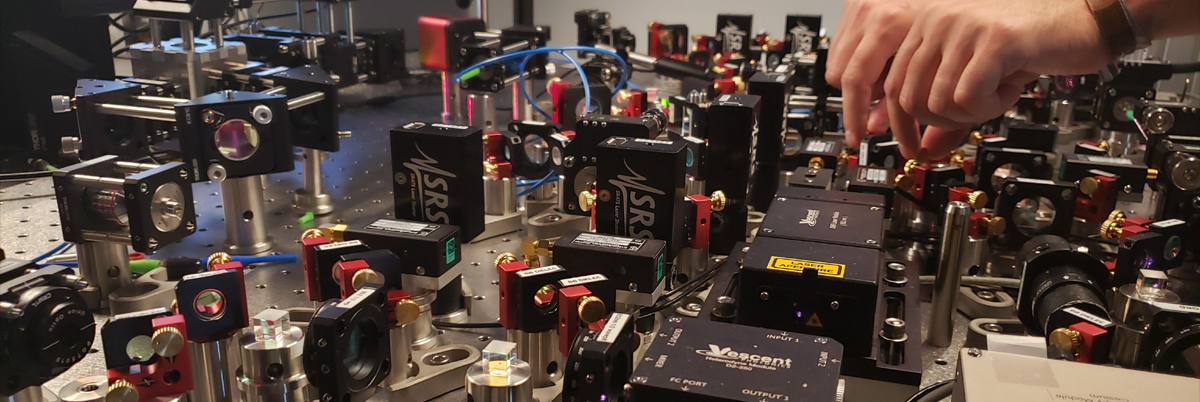
The Pritzker Nanofabrication Facility (PNF) is an ISO Class 5 cleanroom that specializes in advanced lithographic processing of hard and soft materials.
The PNF is located in the Eckhardt Research Center at the University of Chicago. We're open to all properly trained users through a recharge arrangement.
We are proud to partner with Northwestern University in the NSF-supported Soft and Hybrid Nanotechnology Experimental (SHyNE) resource.
The University of Chicago Materials Research Science and Engineering Center (MRSEC) drives innovation by tackling some of the deepest intellectual challenges of materials research through interdisciplinary and highly collaborative efforts united with a strong commitment to education and outreach. The MRSEC offers, in addition to its intellectual talent, a range of facilities for making, characterizing, measuring, and imaging many types of materials and samples. Most of facilities are headed by a professional PhD-level technical staff that maintains and improves the equipment, performs measurements or prepares samples and trains researchers.
The Midwest Integrated Center for Computational Materials (MICCoM) develops and disseminates interoperable open source software, data and validation procedures, enabling the community to predict properties of functional materials. The distinctive features of the center are:
Argonne National Laboratory is home to five national user facilities, which enable scientific users from universities, national laboratories, industry and federal agencies to carry out experiments and pursue ground-breaking discoveries that would otherwise not be possible.
The Argonne Quantum Loop consists of a pair of connected 26-mile fiber-optic cables that wind circuitously between Argonne to the Illinois tollway near Bolingbrook, IL, and back. At 52 total miles, it is currently among the longest ground-based quantum communication channels in the country. The loop will serve as a testbed for researchers interested in leveraging the principles of quantum physics to send secure information across long distances.
The University of Chicago's Polsky Center is a 60-person professional staff responsible for advancing all University of Chicago entrepreneurship and research commercialization innovation activities through the creation of new ventures and partnerships. By igniting a spirit of innovation and fostering connections that extend across the University, city, region and world, the Polsky Center enables more ideas to have a meaningful impact on society.
The University of Chicago's Research Computing Center (RCC) is dedicated to providing the University of Chicago community a full-service high-performance computing (HPC) center, including visualization resources, access to software, workshops, one-on-one consulting with domain experts, and complete data-management strategies to researchers across all departments and divisions.

© university of chicago - all rights reserved